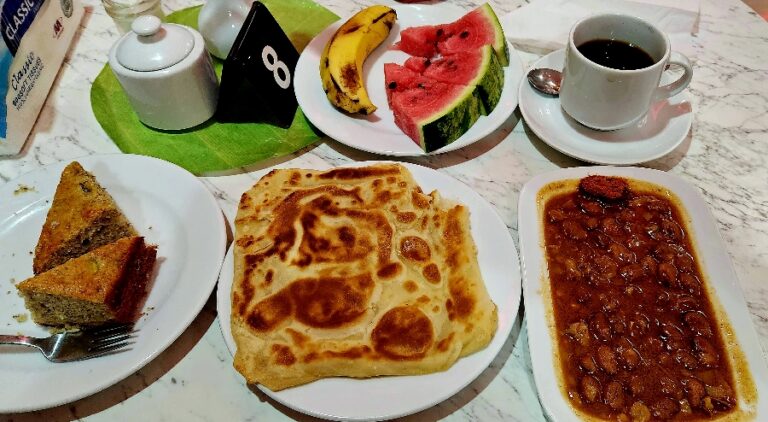Introduction: Djiboutian Cuisine
Djiboutian cuisine is primarily influenced by the country’s location in the Horn of Africa, which has led to a fusion of flavors from neighboring countries such as Ethiopia, Somalia, and Yemen. The cuisine is diverse and includes a variety of meats, vegetables, and spices, all of which play a significant role in Djiboutian culture. One of the most essential ingredients in Djiboutian cuisine is camel meat, which is a staple in many traditional dishes.
Camel Meat: A Staple Ingredient
Camel meat is a crucial ingredient in Djiboutian cuisine, especially for nomadic communities that have historically relied on camel herding for their livelihoods. Camel meat is known for its unique flavor, which is a mix of beef and lamb, and is leaner than beef but richer in protein. The meat is also low in cholesterol and high in iron, making it a healthy option for those looking for an alternative to beef or lamb.
Nutritional Value of Camel Meat
Camel meat is a rich source of protein, vitamins, and minerals. It contains all the essential amino acids required by the human body, making it an excellent source of protein for people who do not consume meat from other sources. Camel meat is also low in fat and cholesterol and high in iron, which helps to prevent anemia.
Preparation of Camel Meat in Djibouti
Camel meat is prepared in a variety of ways in Djibouti, depending on the dish being prepared. The most common methods of cooking include grilling, roasting, or stewing. The meat is often marinated in a mix of spices, such as cumin, coriander, and cardamom, to enhance its flavor. Camel meat is also used to make sausages, which are a popular snack in Djibouti.
Popular Camel Meat Dishes in Djibouti
The most popular camel meat dishes in Djibouti include “Hilib geel,” which is a stew made with camel meat, potatoes, and tomatoes, and “Guedi,” which is a traditional dish made with camel meat, rice, and spices. Camel meat is also used to make a variety of soups, such as “shuurba,” which is a soup made with camel meat, vegetables, and spices.
Cultural Significance of Camel Meat
Camel meat holds cultural significance in Djibouti, where it is considered a delicacy and a symbol of hospitality. It is often served to guests during special occasions, such as weddings, and is a staple food for nomadic communities. The meat is also believed to have medicinal properties and is used in traditional medicine to treat a variety of ailments.
Availability of Camel Meat in Djibouti
Camel meat is widely available in Djibouti, and it is sold in local markets and supermarkets. It is also common to see herders selling camel meat by the roadside, especially in rural areas. Camel meat is also exported to neighboring countries such as Somalia, Ethiopia, and Yemen.
Conclusion: Camel Meat in Djiboutian Culture
Camel meat is an essential ingredient in Djiboutian cuisine and holds cultural significance in the country. The meat is rich in protein, low in fat, and high in iron, making it a healthy option for those looking to diversify their protein sources. Camel meat is prepared in a variety of ways in Djibouti and is a staple ingredient in many traditional dishes.

